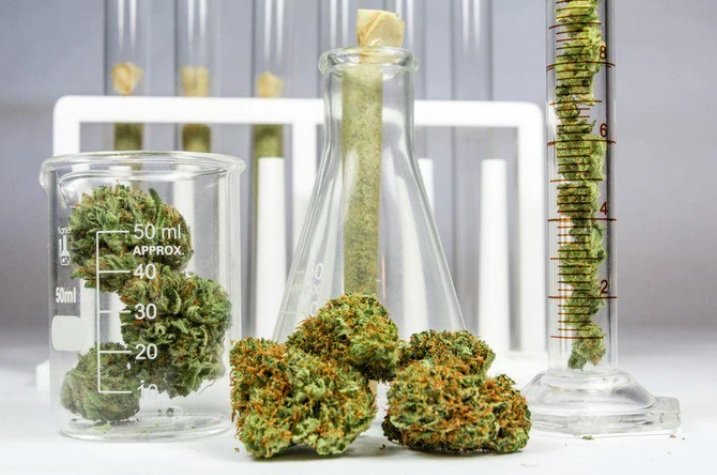The cannabis industry is rapidly growing, but with this growth comes the need for more stringent testing requirements to ensure consumer safety and product quality. Current regulations vary widely across regions, leading to inconsistencies in testing standards and potential risks for consumers. This article explores the necessity for more rigorous testing protocols in the cannabis sector, highlighting the benefits of standardized regulations and the challenges faced by the industry.
Ensuring Consumer Safety
Consumer safety is paramount in any industry, and the cannabis sector is no exception. The lack of uniform testing standards can lead to products that are contaminated with harmful substances. For instance, microbial contamination is a significant concern, especially for immunocompromised individuals. Without rigorous testing, products may contain dangerous levels of bacteria, molds, and other pathogens. Implementing stricter testing requirements can help mitigate these risks and ensure that all cannabis products are safe for consumption.
Moreover, the presence of pesticides and heavy metals in cannabis products poses another health risk. These contaminants can have severe health implications, particularly for medical cannabis users. By enforcing comprehensive testing for these substances, regulators can protect consumers from potential harm. This not only enhances consumer trust but also promotes the overall credibility of the cannabis industry.

In addition to safety, accurate labeling of cannabis products is crucial. Consumers need to know the potency and composition of the products they are using. Inconsistent testing can lead to inaccurate labeling, which can be misleading and potentially dangerous. Standardized testing protocols can ensure that all products are accurately labeled, providing consumers with reliable information.
Challenges in Implementing Rigorous Testing
While the benefits of rigorous testing are clear, implementing these standards poses several challenges. One of the primary obstacles is the lack of uniform regulations across different regions. Each state or country may have its own set of testing requirements, leading to a fragmented regulatory landscape. This inconsistency makes it difficult for cannabis producers to comply with all regulations, especially if they operate in multiple regions.
Another challenge is the cost associated with comprehensive testing. Rigorous testing protocols require advanced equipment and skilled personnel, which can be expensive. Smaller cannabis businesses may struggle to afford these costs, potentially putting them at a disadvantage compared to larger companies. To address this issue, governments and regulatory bodies could consider providing financial support or subsidies to help smaller businesses comply with testing requirements.
Additionally, there is a need for standardized testing methods and accreditation of testing laboratories. Without standardized methods, results can vary significantly between different labs, leading to inconsistencies in product quality. Accreditation ensures that labs meet specific standards and can reliably perform the necessary tests. Establishing a robust accreditation system can help ensure the accuracy and reliability of testing results.
The Path Forward
To achieve more rigorous testing requirements, collaboration between industry stakeholders, regulators, and policymakers is essential. Industry associations can play a crucial role in advocating for standardized regulations and providing guidance to businesses on compliance. By working together, stakeholders can develop comprehensive testing protocols that address the unique challenges of the cannabis sector.
Education and training are also vital components of this process. Ensuring that all personnel involved in testing are adequately trained can improve the accuracy and reliability of test results. Training programs can cover various aspects of cannabis testing, including sample collection, testing methods, and data interpretation. Investing in education can help build a skilled workforce capable of maintaining high testing standards.
Furthermore, leveraging technology can enhance the efficiency and effectiveness of cannabis testing. Advanced testing equipment and software can streamline the testing process, reducing the time and cost associated with comprehensive testing. Innovations in testing technology can also improve the accuracy of results, providing more reliable data for regulators and consumers.
The cannabis industry must prioritize rigorous testing requirements to ensure consumer safety and product quality. While there are challenges to implementing these standards, collaboration, education, and technological advancements can pave the way for a more reliable and trustworthy cannabis market.



